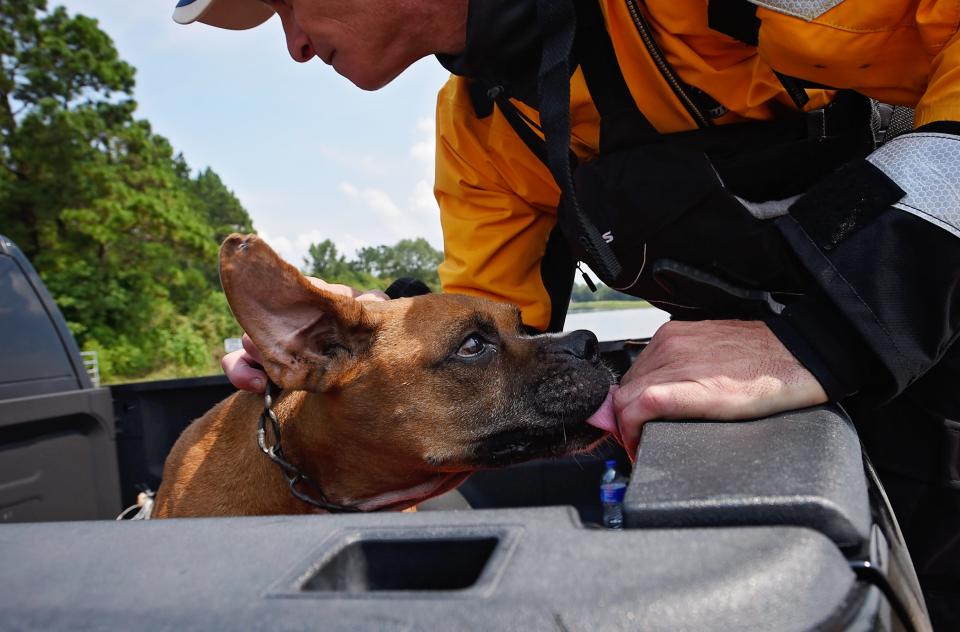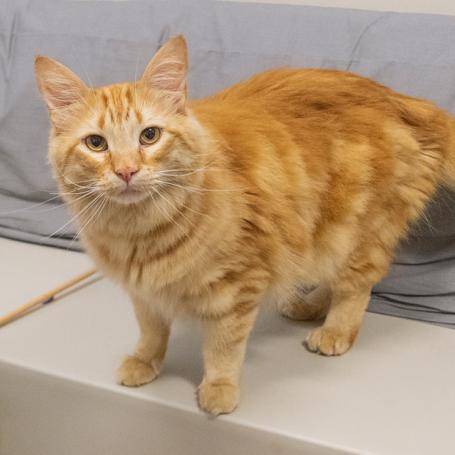Image

Build a Plan to Keep Pets Safe in Emergencies
The following are simple but important steps you can take to ensure the health and safety of your pets in the case of an emergency.
After you've created a plan, download and print copies to share with your neighbors, family and friends.

Make a Plan for Your Pets
First and foremost, you'll want to identify your emergency contact(s).
Ideally, these will be people who are local - neighbors if possible - that can be activated quickly to help provide access to your home and pet(s).
If you have a trusted relative who is not local but can make decisions on your behalf, ensure that they are connected with someone local who will be able to help with any immediate needs (e.g., picking up a key to your home or dropping off pet food).
The goal is to make it as easy as possible for someone else to care for your pet(s) if it becomes necessary.
Emergency pet preparedness steps:
- Identify a trusted friend or neighbor to care for your pet(s) in the case of an emergency (e.g., if members of your household become ill or are hospitalized), compile their contact info and keep it accessible.
- Prepare a two-week supply of pet food, medications, and pet care supplies (e.g., cat litter, carrier, enrichment toys, etc.) — have as much of this packed and ready as possible.
- Include copies of your pet's vaccination records, medication schedule, and veterinarian contact information.
- Include detailed care instructions, e.g., your pet's diet, walking routines and any important behavioral notes.
- Ensure your pet's collar tag and microchip information is up to date. To register a microchip, visit 24PetWatch. For registered chips, address info / personal details can be updated at MyPethealth.com.
- Print and fill out "Animals Inside" cards to put on your doors/windows to alert first responders that there are pet(s) in your home.
- Give the Emergency Pet Authorization form to your emergency contact in case the support of a local agency (e.g. animal care and control) is needed. This form authorizes local agencies to access your home and take temporary custody of your animals if your emergency contacts are unable to retrieve them on your behalf.
